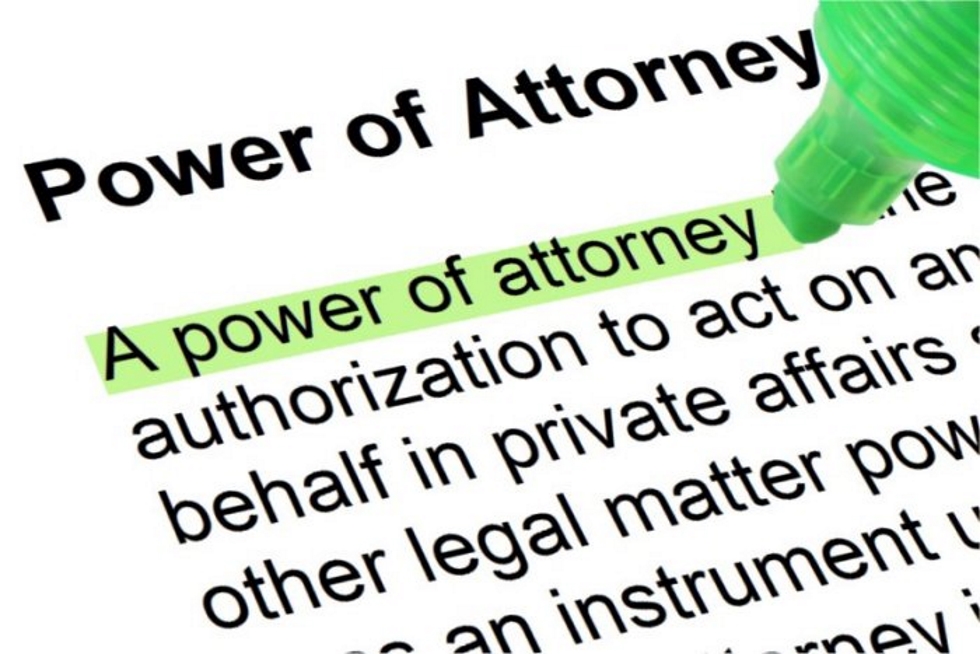Power of Attorney
One of the most often asked questions is “what is a Power of Attorney and what does it do”? Generally speaking, the Power of Attorney is a grant of authority to another person to act as you would if you were there in person. A Power of Attorney may be general or as broad as you’d like.  To the contrary, a Power of Attorney can be limited in both its scope and time. A person may grant another Power of Attorney to do something as simple as transfer an automobile with the Power of Attorney lapsing once the transfer takes place. If necessary, one can grant another plenary authority over their entire financial affairs from the point of signature until the time of their death.
To the contrary, a Power of Attorney can be limited in both its scope and time. A person may grant another Power of Attorney to do something as simple as transfer an automobile with the Power of Attorney lapsing once the transfer takes place. If necessary, one can grant another plenary authority over their entire financial affairs from the point of signature until the time of their death.
What is important to note is that in drafting a Power of Attorney, one should be careful to limit it to what is necessary. One may not currently need a Power of Attorney but would like to have one executed in the event of their incapacity. This can be accomplished by a “Springing Power of Attorney”. When you are healthy and lucid you sign a document so there can be no question as to its authenticity or effectiveness. Only upon the certification of your incapacity would that Power of Attorney be of any use or effect. Thus its effectiveness “springs” into existence upon the happening of a future event.
These are just small examples of what can be accomplished by a Power of Attorney. It should never be confused with a Guardianship or a Trust. Rather, it is a document that is specific between persons and functions as a grant of authority during someone’s lifetime only. All Powers of Attorney lapse at the Grantor’s death.
